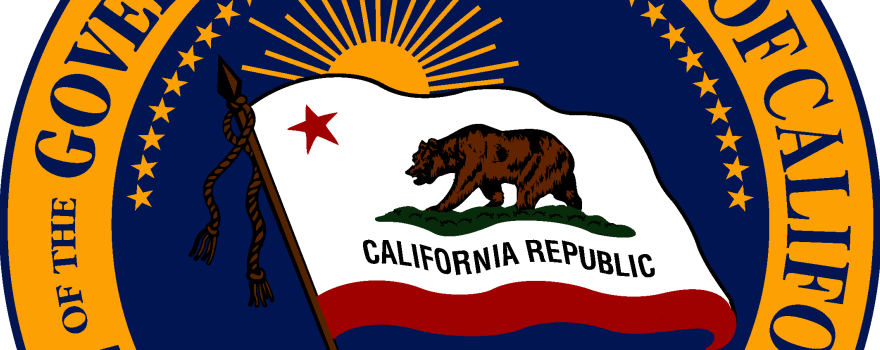From the Office of the Governor:
Governor Brown, meeting with mayors from across the state, today announced he will propose legislation to help local officials better enforce conservation requirements and will direct state agencies to streamline environmental review of local water supply projects.
“These measures will strengthen the ability of local officials to build new water projects and ensure that water is not wasted,” said Governor Brown. “As this drought stretches on, we’ll continue to do whatever is necessary to help communities save more water.”
The proposed legislation will give new enforcement authority to local entities that don’t currently have it and increase potential penalties against water wasters. It will specifically:
- Establish a new penalty of up to $10,000 per violation, expanding on $500 per day maximum infraction established in last year’s drought legislation.
- Allow penalties to be issued administratively by wholesale and retail water agencies, as well as city and county governments. This change speeds up an infraction process involving courts that was established in last year’s emergency drought legislation.
- Enable these entities to enforce local water restrictions against water waste, as well as conservation restrictions established by the State Water Resources Control Board.
- Allow local public agencies to deputize staff to issue water conservation-related warnings and citations.
This legislation will give all water agencies and local governments a consistent, minimum set of enforcement authorities to achieve required water conservation. Local water agencies with existing authorities to enforce against water waste can continue to use those authorities. Under the proposed legislation, any monetary penalties from this enforcement will be used for local conservation efforts.
Separately, to streamline environmental permitting for critical water supply projects, the Governor has directed his Office of Planning and Research and other state agencies to help local water agencies reduce the time required to comply with state-required environmental reviews. These permit streamlining efforts will focus on projects that can increase local water supplies with limited environmental impacts. The Governor’s Office will also explore legislative changes that can speed-up delivery of critical water supply projects.
California’s Drought Response
In recent weeks, Governor Brown has convened top agricultural, environmental, urban water agency and business leaders from across California to discuss the state’s drought and conservation efforts.Earlier this month, Governor Brown announced the first ever 25 percent statewide mandatory water reductions and a series of actions to help save water, increase enforcement to prevent wasteful water use, streamline the state’s drought response and invest in new technologies that will make California more drought resilient. This order included measures to help: replace lawns with drought tolerant landscaping and old appliances with more water and energy efficient models; cut water use at campuses, golf courses, cemeteries and other large landscapes; prevent potable water irrigation at new developments unless water-efficient drip systems are used; and stop watering of ornamental grass on public street medians.
Within days of the Governor’s order, the State Water Resources Control Board released its framework [url”> to achieve the mandatory water reductions and the California Energy Commission approved new water appliance standards to save billions of gallons of water per year. The California Department of Water Resources also announced that due to the severe drought it will install an emergency, temporary rock barrier across a Sacramento San Joaquin Delta channel to help prevent the saltwater contamination of water that 25 million Californians depend on.
These measures build on unprecedented action by the State Water Resources Control Board over the past year to prohibit other wasteful water use and encourage Californians to conserve, including strict limits on outdoor irrigation (two days a week in much of California) and bans on hosing down outdoor surfaces, decorative water fountains that don’t recirculate water and car washing without an automatic shut-off nozzle. Bars and restaurants are also now required to only serve water upon request and hotels must ask guests staying multiple nights whether linens and towels need to be washed.
Governor Brown proclaimed a drought state of emergency in January 2014 and for more than two years, the state’s experts have been managing water resources to deal with the effects of the drought, which include severely curtailed water supplies to agricultural producers, farmworker job losses due to fallowed fields, drinking water vulnerability in communities across California, heightened fire danger and threats to endangered and threatened fish and wildlife.
To learn more about the state’s drought response, visit Drought.CA.Gov.
Every Californian should take steps to conserve water. Find out how at SaveOurWater.com.
——————————————–
Get the Notebook blog by email and you’ll always be one of the first to know!
- Sign up for daily emails and get all the Notebook’s aggregated and original water news content delivered to your email box by 9AM. Breaking news alerts like this one, too. Sign me up!
 Maven’s Notebook
Maven’s Notebook
constantly watching over the world of California water


